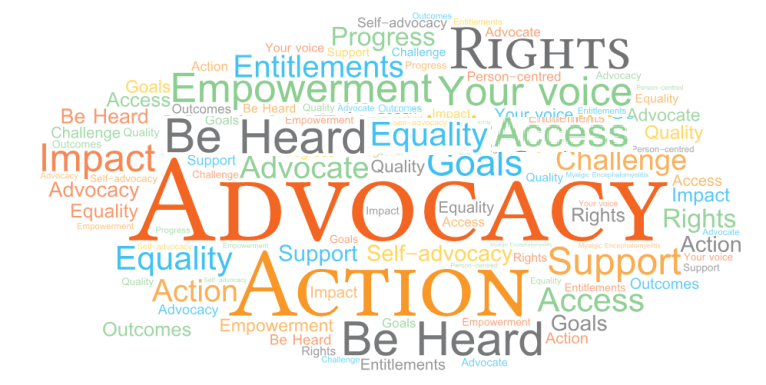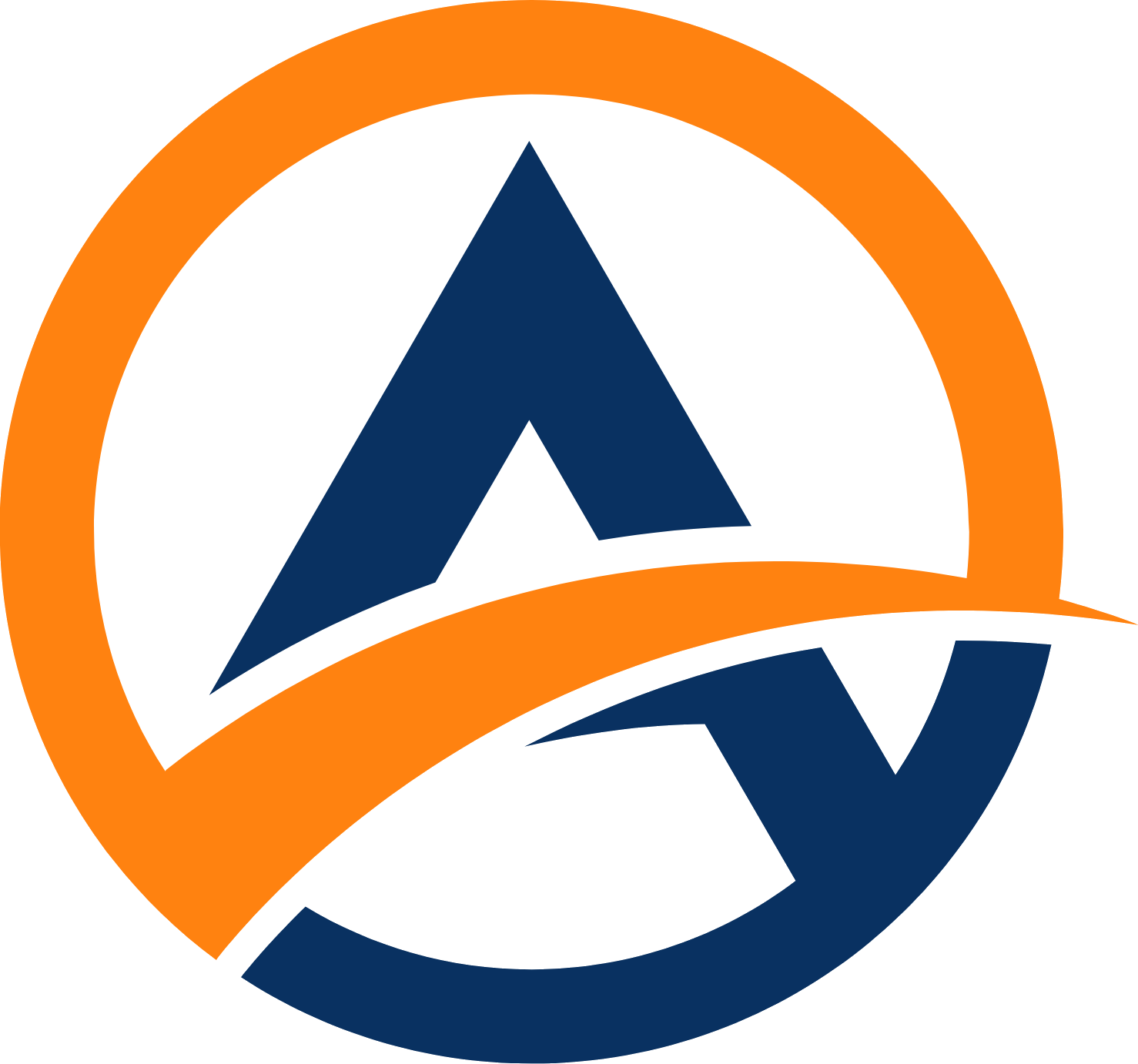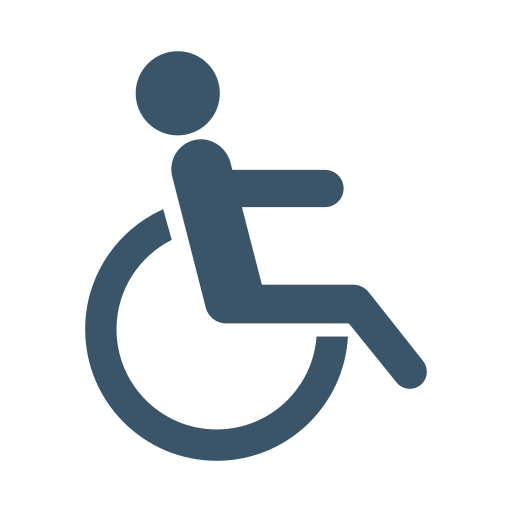Advocacy Self-Systems

Self Advocacy
ACIL believes that if you have a disability, you are the best person to speak up for yourself. Our staff can help you tackle the tricky process of getting past obstacles that make it hard to live the way you want. If you need help with a physical barrier, a program issue, or people's attitudes, please reach out to us.
Here are some examples of self-advocacy:
1. Knowing Your Rights: Learning about your rights as a person with a disability and speaking up when those rights are not respected.
2. Speaking Up for Yourself: Communicating your needs and preferences in different situations, like at school, work, or in healthcare settings.
3. Setting Goals: Identifying personal goals and taking steps to achieve them, whether it's in education, work, or personal life.
4. Seeking Help: Asking for assistance or resources when needed, instead of waiting for others to offer help.
5. Participating in Meetings: Joining discussions or meetings that affect you and sharing your opinions and ideas.
6. Building Support Networks: Connecting with other people who share similar experiences to share advice and support each other.
7. Creating Action Plans: Developing plans to address challenges you face and taking steps to implement those plans.
8. Educating Others: Teaching friends, family, and community members about disabilities and the importance of inclusion.
9. Advocating for Changes: Working to improve policies or practices in your school, workplace, or community that affect people with disabilities.
10. Using Assistive Technology: Knowing how to use tools and technology that can help you advocate for yourself and improve your daily life.
These actions can empower individuals to take control of their lives and advocate for their needs and rights!
Systems Advocacy
ACIL is working hard to make sure that all systems include people with disabilities. We want people with disabilities to team up with lawmakers and decision-makers to help ensure everyone has equal access. We also encourage people with disabilities to join committees and groups to share their thoughts about what they need. If you want to be an advocate, please reach out to us!
Here are some examples of systems advocacy:
1. Educating Legislators: Educating lawmakers to create or change laws that improve access and rights for people with disabilities.
2. Participating in Public Hearings: Attending and speaking at government meetings to voice concerns or suggestions about policies affecting the disability community.
3. Joining Advocacy Groups: Being part of organizations that focus on disability rights and work to influence public policy and raise awareness.
4. Community Education: Organizing workshops or events to educate the public about the needs and rights of people with disabilities.
5. Creating Awareness Campaigns: Developing campaigns to raise awareness about disability issues and promote inclusion in schools, workplaces, and communities.
6. Building Coalitions: Working with other groups and organizations to strengthen the impact of advocacy efforts and share resources.
7. Testifying: Sharing personal experiences in front of lawmakers or committees to highlight the real-life impact of policies on individuals with disabilities.
8. Research and Reporting: Conducting studies or gathering data on disability issues to provide evidence for advocacy efforts.
9. Engaging with Media: Writing articles, giving interviews, or using social media to inform the public and raise awareness about disability rights.
10. Promoting Accessibility: Advocating for changes in public spaces, transportation, and digital platforms to ensure they are accessible to everyone.
These actions help create a more inclusive society and promote equal opportunities for people with disabilities!
Please contact
Beth King, Independent Living Skills Trainer/Advocacy Specialist at
beth.king@wvacil.org or (304) 965-0376.

